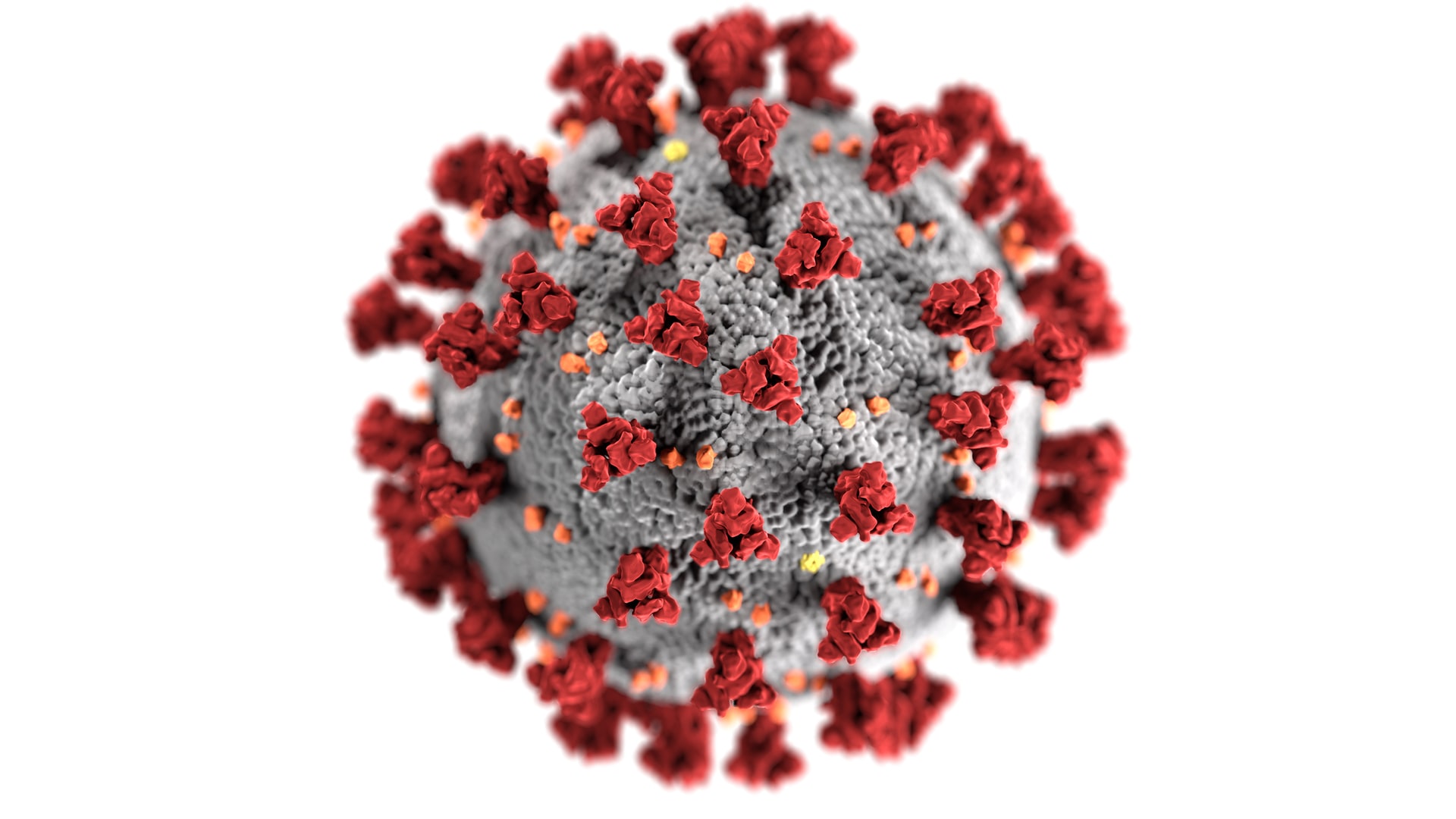1.Are the people with PD more at risk for developing COVID 19?
Those living with PD, regardless of age, are in a “high-risk group” mostly due to the motor symptoms they exhibit. Research findings show that COVID19 tends to be more severe in the elderly and those with chronic disease. Currently, there is no evidence that a PD diagnosis makes you more vulnerable to contracting the illness. The best advice for patients with PD is to practice social distancing, good hand hygiene, and other preventive measures to avoid contracting the disease. Avoid touching the face, eyes, nose and mouth. Prohibit visitors who do not have an essential need to be inside the home.
2. How can viral illnesses like COVID19 affect my PD symptoms?
PD symptoms, both motor and non-motor can be exacerbated by any medical or infectious condition, including viral respiratory illnesses. People with PD may feel slower, fatigued, and may even have hallucinations when they have a viral infection. Specifically for PD patients with restrictive lung disease (COPD), a concomitant respiratory viral infection can exacerbate the difficulty of breathing due to rigidity of the muscles of the chest wall, as well as the patient’s general bradykinesia.
3. Is it okay for healthcare worker (HCW) relatives to be around people with PD at home?
Being in the hospital and interacting with many people, HCW’s are at a higher risk to get infected by the coronavirus compared to the general population. This also means greater changes of bringing home the virus to their family. We suggest that just like in the hospital the family may want to make their own protocol of preventive measures that the HCW can do upon returning home from work like changing to a new set of clothing before entering the house, taking a bath before interacting with family members, isolating the HCW or any member who develops any respiratory symptoms.
4. For PD patients on DBS, what can they do for concerns regarding programming or possible battery replacement?
At this time where hospitals are limiting out-patient consults and non-urgent surgeries, it would be best to contact your neurologist or neurosurgeon for any concerns regarding your DBS. You may want to arrange a video or online consult with your doctor for further evaluation.
5. Are over-the-counter cold and flu medications safe to use with levodopa-carbidopa?
Over the counter medications are safe in general, but for PD patients taking MAO-B inhibitors such as selegiline or rasagiline, dextromethorphan commonly used in many cough preparations must be avoided.
6. Can stress and anxiety worsen my PD symptoms?
If you have a tremor, anxiety and stress usually makes it more prominent. In addition, the other symptoms of Parkinson disease like slowness, stiffness and balance problems also worsen. During periods of stress, PD medications may also take longer to kick in (delay in turning ON) or the effect usually wears faster, It would be best to find ways to reduce stress or divert your attention from anxiety provoking situations. It is also important not to increase your medications on your own. Exercise and meditation are helpful ways to reduce anxiety and lessen the impact of a stressful situation.
7. When I run out of my medications for PD, how can I get a new prescription or can I use my old prescription?
If you run out of medications and need a new prescription, please contact your attending neurologist. He / She can issue a digital prescription which you can use in drugstores or pharmacies to purchase your medications. The digital prescription will be accepted only for the duration of the Enhanced Community Quarantine (ECQ). As soon as the ECQ is lifted, please consult with your neurologist at their clinic during their clinic hours.

